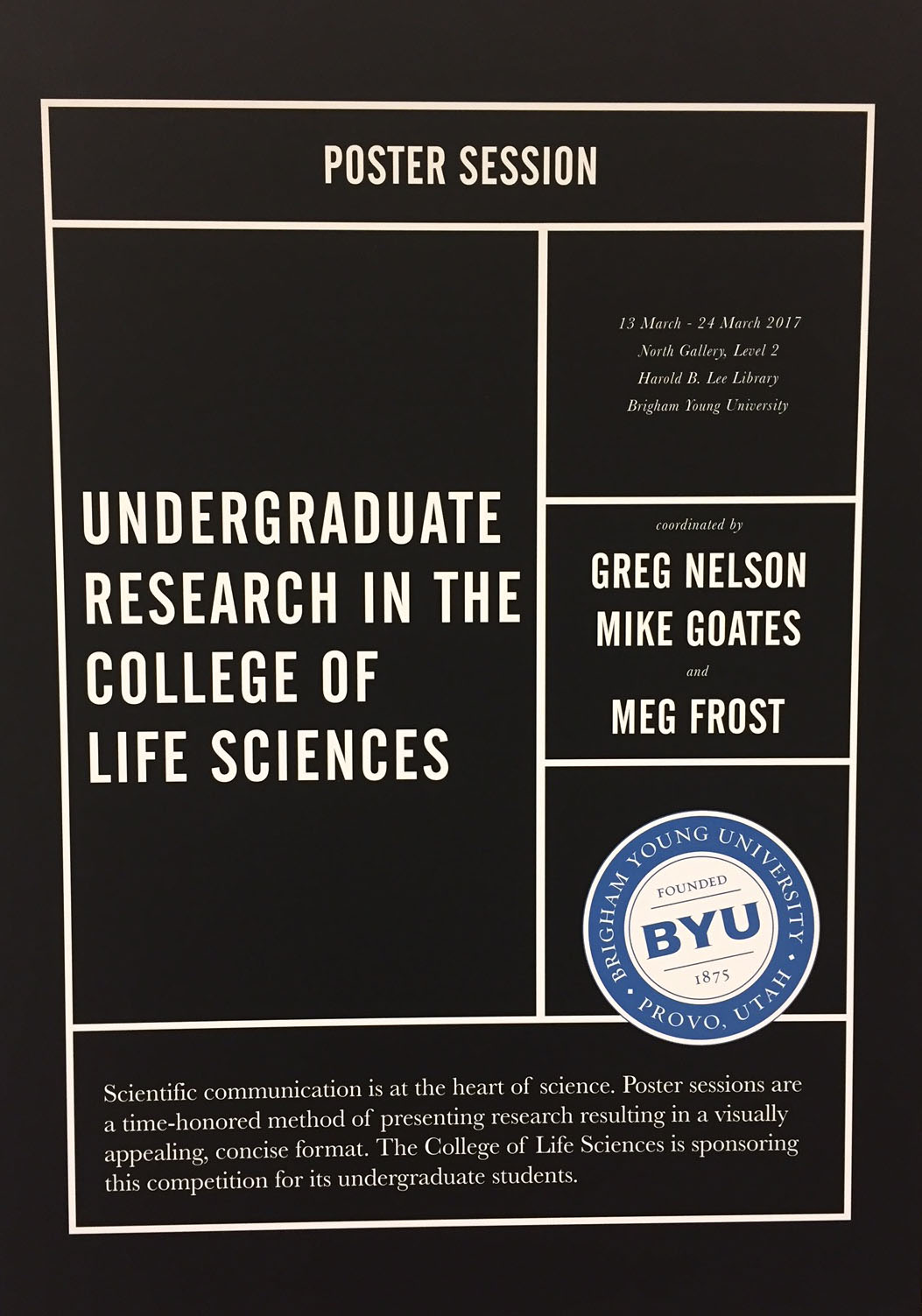Files
Download Full Text (1.7 MB)
Keywords
protective effects against Alzheimers, inflammation
Abstract
Alzheimer’s Disease (AD) is a fatal neurodegenerative condition that is the leading cause of dementia among elderly patients. It is commonly associated with neuroinflammation and its progression is evident in higher levels of serum chemokines and activated microglia. We have identified a receptor and its mutant, CCRL2-V180M, associated with lower levels of the pro-inflammatory chemokine ligand, CCL4. We have previously identified ligand binding behaviorof one isoform of CCRL2, CRAM-A and propose to compare its behaviour to the more commonly expressed isoform, CRAM-B. We hypothesize that CCRL2-V180M binds with a higher affinity than WT to CCL4, decreasing levels of CCL4 in the CSF and offering possible protection against AD.
BYU ScholarsArchive Citation
Dearden, Lucie; Gonzalez Murcia, Josue D.; Kauwe, John S. K. PhD; and Weber, K. Scott PhD, "Chemokine Receptor CCRL2-V180M and Its Role in Inflammation and Alzheimer's Disease" (2020). Library/Life Sciences Undergraduate Poster Competition 2020. 26.
https://scholarsarchive.byu.edu/library_studentposters_2020/26
Document Type
Poster
Publication Date
2020-04-03
Language
English
College
Life Sciences
Department
Microbiology and Molecular Biology
Copyright Use Information
http://lib.byu.edu/about/copyright/


